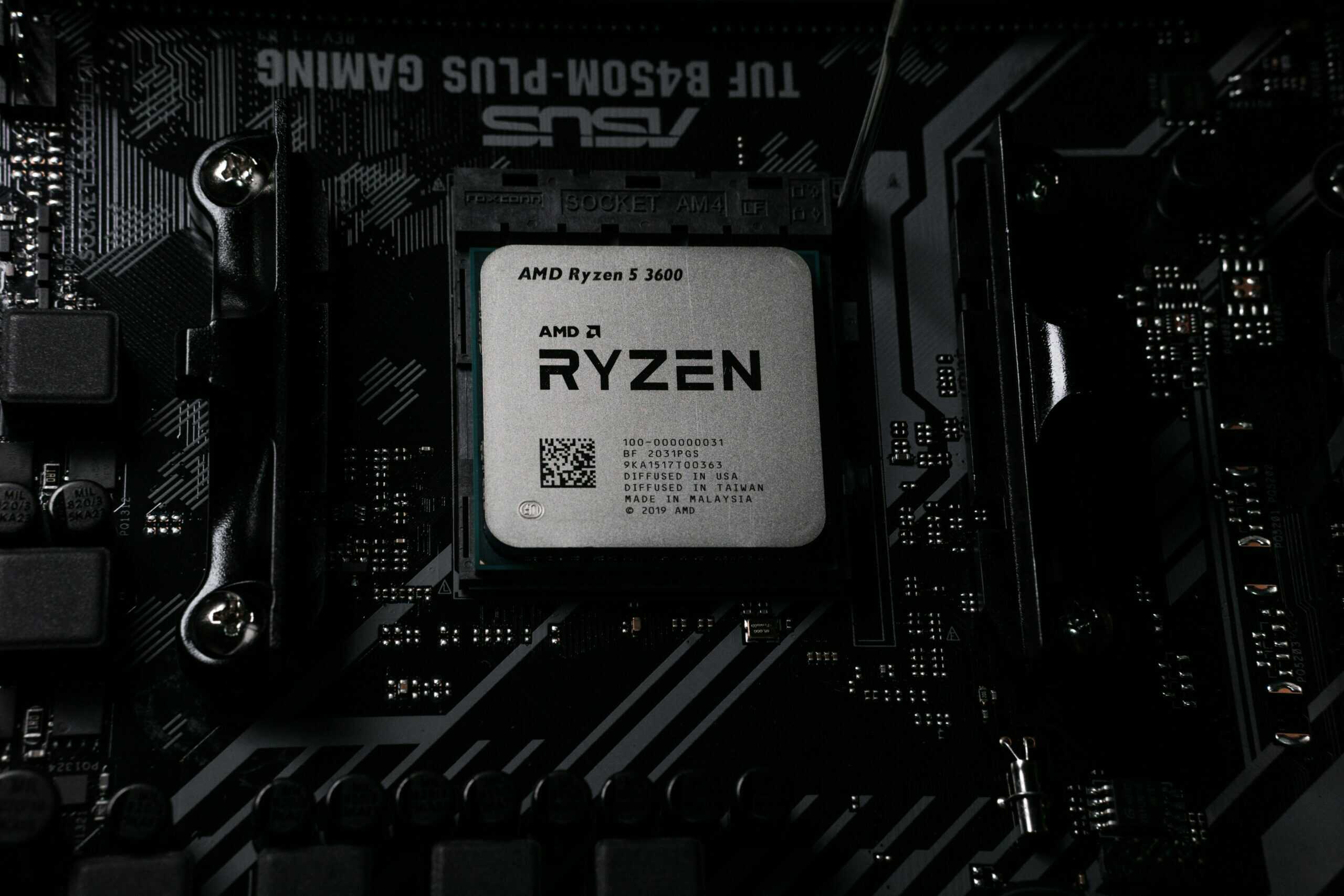
Photo by Luis Gonzalez on Unsplash
China Bans Intel and AMD Chips in Government Computers
March 25, 2024
China has recently unveiled new guidelines aimed at removing Intel and AMD microprocessors from government computers and servers, as reported by the Financial Times. The move is part of China’s broader strategy to reduce reliance on foreign technology and promote domestic alternatives.
According to the report, Chinese government agencies above the township level are now required to prioritize the use of “safe and reliable” processors and operating systems made in China when making procurement decisions. This initiative extends to banning Microsoft’s Windows operating system and foreign-made database software in favor of homegrown options.
Late last year, China’s industry ministry released lists of CPUs, operating systems, and centralized databases deemed “safe and reliable” for government use, all of which were Chinese companies, Reuters found.
This decision comes amidst escalating tensions between the U.S. and China over technological dominance. It coincides with the U.S. government’s substantial financial support to bolster domestic chip production under the CHIPS and Science Act. Intel, a major recipient of these incentives, plans to utilize the funding to construct new factories, modernize existing facilities, and expand research and development efforts in various states across the U.S.
The move by China underscores the country’s determination to strengthen its semiconductor industry and reduce dependence on foreign technology suppliers. While Intel and Microsoft have refrained from commenting on China’s ban, AMD has not yet responded to requests for comment.
As global tech competition intensifies, China’s decision to prioritize domestic alternatives over established international brands like Intel and AMD could have significant implications for the semiconductor industry and broader geopolitical dynamics.
Recent News
Massive Data Breach Hits Ticketmaster, Affecting 560 Million Customers
Ticketmaster has fallen victim to a significant cyber-attack, potentially compromising the data of up to 560 million customers. The breach was confirmed by Ticketmaster’s parent company, Live Nation, which revealed that a notorious hacking group, ShinyHunters, is behind the attack. The hackers are demanding a ransom of approximately £400,000 to prevent the data from being sold on the dark web.
Toyota Recalls 100,000+ Tundra and Lexus LX SUVs Over Engine Debris Issue
Toyota has announced a recall for over 100,000 Tundra pickups and Lexus LX SUVs in North America due to potential engine issues caused by machining debris. This recall affects certain 2022-2023 models of the Tundra and LX, which are equipped with the new V6 twin-turbo engine. The V6 twin-turbo engine has faced considerable scrutiny regarding its reliability, especially when compared to the previous naturally aspirated V8 engines.
Wordle and Worldle Battle Over Names
A legal dispute has erupted between the wildly popular word game Wordle and the lesser-known geography game Worldle, centering on the similarity of their names. Wordle, which was developed by Josh Wardle in 2021 and later acquired by the New York Times in 2022 for a substantial sum, has gained immense popularity. In this game, players have six attempts to guess a five-letter word.
FDA Issues Recall for Crecelac Goat Milk Infant Formula
The U.S. Food and Drug Administration (FDA) has issued a safety alert regarding Crecelac Goat Milk Infant Formula and other infant formula products imported and distributed by Dairy Manufacturers Inc. The alert highlights Cronobacter contamination concerns with Crecelac Infant Powdered Goat Milk Infant Formula. Although Dairy Manufacturers Inc. initiated a recall on May 24, 2024, due to non-compliance with FDA regulations, new findings of Cronobacter contamination have prompted further action.
